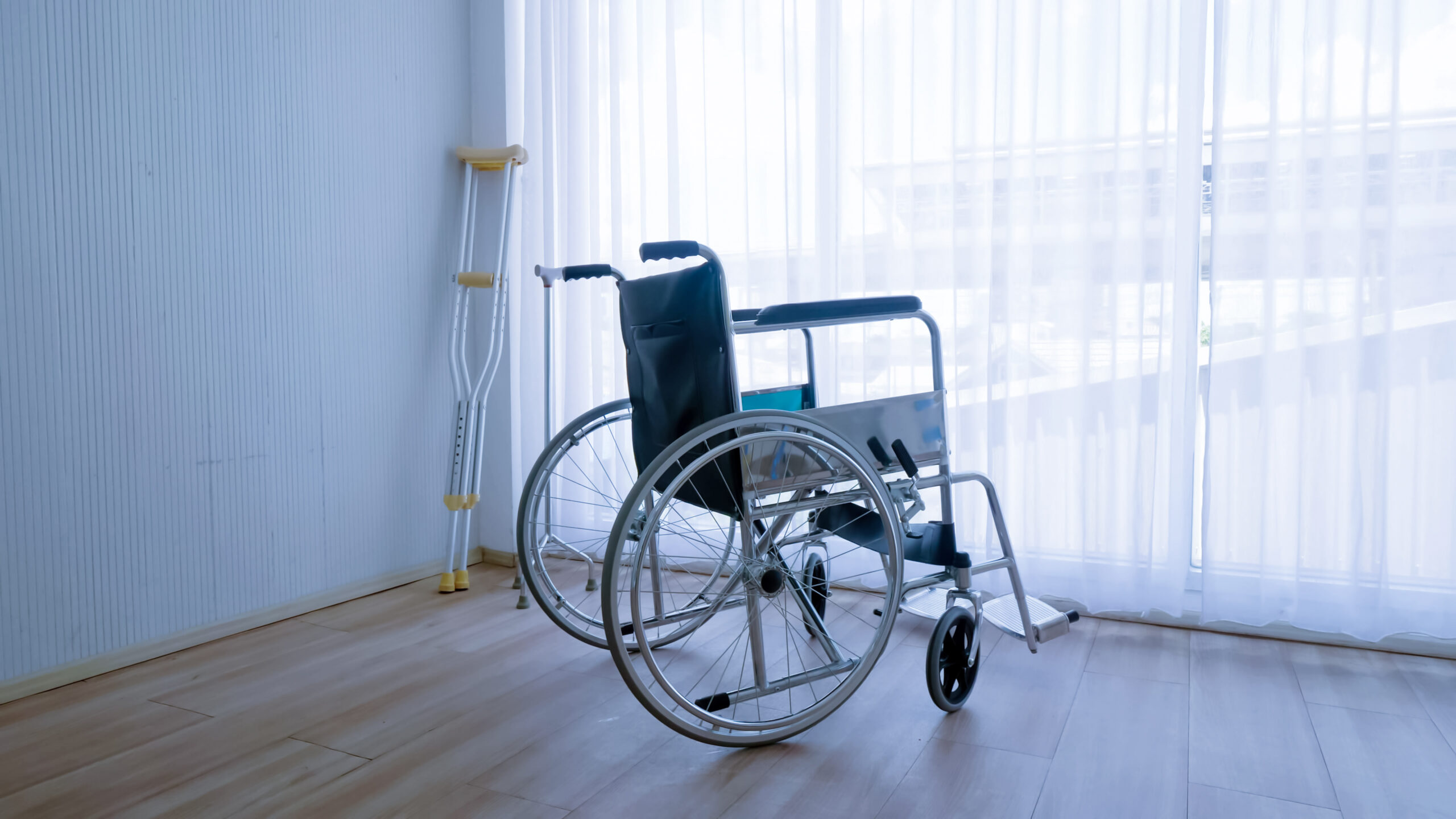
Medicare is a government-run health insurance program that provides coverage for people who are 65 or older, certain younger people with disabilities, and people with End-Stage Renal Disease (permanent kidney failure requiring dialysis or a transplant, sometimes called ESRD). There are different parts of Medicare: Part A covers hospital stays, Part B covers doctor visits and other medical services, Part C is an alternative way to get your Medicare benefits, and Part D is for prescription drugs.
What is Extra Help?
If you have Medicare or will soon enroll, it’s important to understand what coverage and benefits you have. Medicare Extra Help is a supplemental program that offers prescription drug benefits for people who are enrolled in Medicare Part D. Extra Help benefits can make Medicare Part D coverage more affordable by helping with monthly premiums, annual deductibles, and prescription drug copayments.
Recipients can also avoid a late enrollment penalty, which is added to Medicare Part D premiums. This penalty can apply if you go without Medicare drug coverage for 63 days or longer following your initial Medicare enrollment. The amount of the penalty depends on how long you went without Part D or other prescription drug coverage.
Medicare calculates your penalty by multiplying 1% of the national base premium, which is $33.37 for 2022, times the number of full months that you didn’t have Part D coverage. This is rounded up to the nearest 10 cents and tacked on to your monthly Part D premium. Since base premiums change year to year, your late enrollment penalty can also change. However, Medicare Extra Help allows you to avoid that.

How to Qualify?
Some people are eligible for Extra Help automatically; others have to apply for it. You automatically qualify for Extra Help if you have Medicare already and you:
- Have full Medicaid coverage, OR
- Get help from your state Medicare program to pay for your Part B premiums, OR
- Receive Supplemental Security Income (SSI) benefits
If you can’t check off any of those boxes, you may still be able to qualify for Extra Help. You can be eligible if your income and resources are within certain limits for your tax filing status. Resources include things like bank accounts, investment accounts, and individual retirement accounts (IRAs). Your home, vehicles, household goods, life insurance policies, and burial plots don’t count in resource calculations.
Here are the guidelines for Medicare Extra Help eligibility in 2022:
- Single person: Yearly income less than $20,385 and less than $15,510 in resources annually
- A married person living with a spouse and no dependents: Yearly income less than $27,465 and less than $30,950 in resources annually
It’s still possible to qualify if your income is above these limits. For example, you may qualify if you’re still working or you live in either Hawaii or Alaska. And higher incomes may also be allowed for people who have dependents living with them.
How Much Do They Pay Out?
Medicare Extra Help doesn’t eliminate your out-of-pocket costs for prescription drugs. But it can save you money if you need to pay for prescription drug coverage. First, your co-payments are reduced. If you qualify for Extra Help, your drug costs for 2022 are capped at $3.95 for each generic drug and $9.85 for each brand-name-covered drug.
Extra Help also pays part of your monthly Part D premiums, up to the benchmark amount that applies in your state. The full cost of your Part D premium is paid when you enroll in a Part D plan with a premium that’s at or below the specified benchmark amount for your state. For example, New York State has a benchmark rate of $42.43 for 2022. If your Part D premium is that amount or less, all of it would be paid by Extra Help.
Where to Apply
If you’re automatically eligible for Medicare Extra Help then there’s nothing you need to do to apply. You should receive a letter from the Centers for Medicare & Medicaid Services (CMS), which you can show to your Part D plan provider as proof of eligibility.
If you’re not automatically eligible, you can apply online for Extra Help through the Social Security Administration website. You can also call the Social Security Administration at 1-800-772-1213 to apply over the phone, request a paper application, or to schedule an appointment to apply at your local Social Security office. Keep in mind that visiting in person may not be an option if your local office remains closed because of the COVID-19 pandemic.
Here’s what you’ll need to fill out the application:
- Social Security card
- Bank account statements
- Statements for individual retirement accounts (IRAs) and other investment accounts
- Tax returns
- Payroll slips
- Your most recent Social Security benefits award letters or statements for Railroad Retirement benefits, Veterans benefits, pensions, and annuities

If you’re approved, Medicare will review your eligibility periodically to ensure that you’re still eligible. If you’re deemed ineligible, you could lose your benefits. Keep in mind that you don’t have to be enrolled in Part D coverage yet to apply. But you won’t be eligible to receive any benefits until you’re enrolled in Medicare drug coverage.
You do have the right to appeal if you’re denied Extra Help benefits. You’ll need to complete the appeal form and submit it to the Social Security Administration, along with any supporting documentation that may be requested. There’s no guarantee an appeal will go in your favor but it’s worth trying if you believe you’re eligible for Extra Help.
Bottom Line
Finally, consider looking into Medicare Savings Programs (MSP) at the state level. These programs can help with paying Medicare Part A costs and Medicare Part B copayments if you meet certain conditions. If you qualify for your state’s Medicare Savings Program, you may also qualify for Extra Help automatically. Speak to one of our agents to help navigate this process with you.
